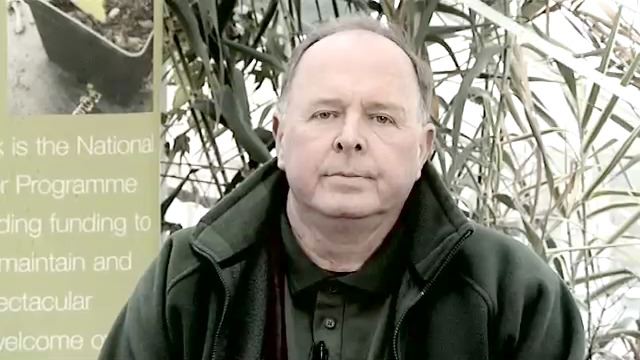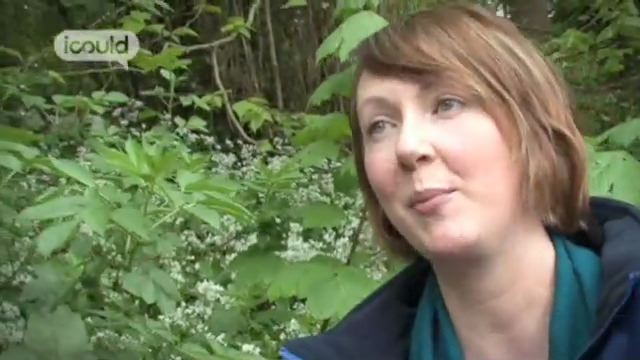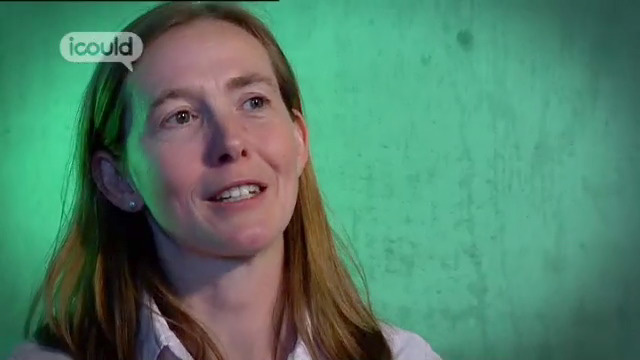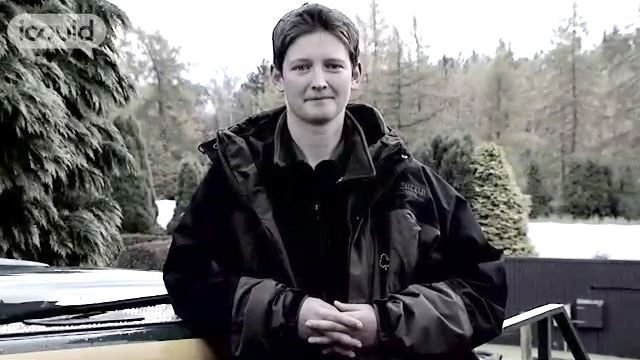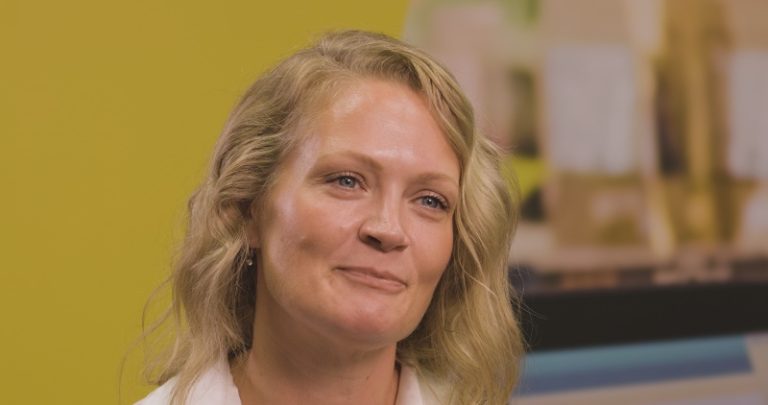Recreation Ranger
Forestry Commission Scotland
Lucy H
00:00:03 I’m a Recreation Ranger for the Forestry Commission, and I basically look after the people that come to the forest. So I look after the events programme, develop and deliver the events programme for the Forest Park. I run nature-based activities with schoolchildren, which is great fun, and I also look after the sort of the marketing for those events, for the Forest Park. I don’t chase people out of the forest, quite the opposite – encourage people to use the fantastic resources that we have within the forest. We’ve got some great walkers’ trails, some great mountain-biking trails, and it’s really to get people into the forest, and to enjoy what’s on their doorstep.
00:00:47 When I left school back in 1995 I wanted to be a PE teacher, and so that’s what I left school to do – go to college to study towards that as a career. My experience at college wasn’t – wasn’t great, and so after the first year I left – left college to take up full-time employment at a visitor attraction near to where I grew up. And the jobs that I’ve done since then all follow a kind of a similar theme. They all involve people, I love working with people, and mostly in a learning context as well.
00:01:28 A friend had noticed an advert for an Education Ranger in a countryside visitor attraction in the Midlands, and I was encouraged to apply for it. The job was leading school groups, talking to visitors, running nature-based activities, and it was fab, and I guess I’d say that really my career started – started at that point in 2001. Since then I’ve worked for the National Trust for Scotland as a Seasonal Ranger, and as a Community Ranger for a National scenic area and so – as the last job contract was due to come to a close, I noticed the Recreational Ranger post for the Forestry Commission that came up. And I applied for that, and was over the moon when I got the job.
00:02:16 If you’re thinking about having a career as a Ranger, do some voluntary work with a local conservation either charity or organisation, where they run lots of volunteer days. Some organisations have volunteer groups that go out regularly to do practical habitat management, wildlife recording – very hands-on, practical tasks. Give it a try, it’s purely voluntary, but it does really give you an insight into – into that as a career, and it really would tell you whether that’s something that you’d be interested in pursuing.
00:03:02 I’ve – I’ve always really, really loved wildlife, it’s always been something that’s – that’s been there, and one of my fondest memories as a child – and I can just picture it now, was watching badgers in a hide at a study centre when I was eleven. And just coming away from that having had that experience – being out in the dark for starters, just you know something you don’t get to do very often, growing up in the city. Getting to see these sort of night-time creatures, these badgers, just in their natural habitat. And I came away from that with – with some really great memories. And I think if I can create a similar experience for some of the schoolchildren that come out to the forest, then – well, you know, that’s just great.
00:03:57 ENDS
Lucy H is a Recreation Ranger with the Forestry Commission. She says “Getting to see these sort of night-time creatures, these badgers, just in their natural habitat… creating a similar experience for some of the schoolchildren that come out to the forest, then – well, you know, that’s just great”.


